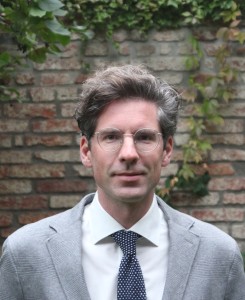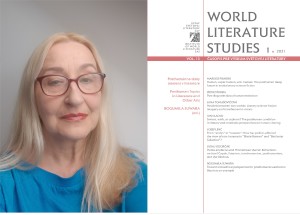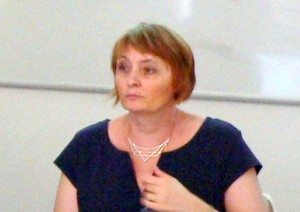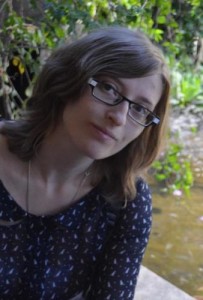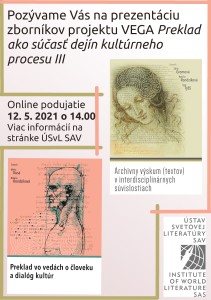 22. – 24. septembra 2021
22. – 24. septembra 2021
(streda až piatok)
Banská Bystrica
Pozývame na medzinárodnú vedeckú konferenciu Preklad, tlmočenie a kultúra: Návrat k človeku v preklade, tlmočení a translatológii, ktorá sa koná od stredy 22. do piatku 24. septembra 2021 v Banskej Bystrici. Prebieha kombinovanou formou za osobnej účasti a zároveň online (youtube stream v programe aj bez registrácie). Konferenčné jazyky sú slovenčina a angličtina.
Podrobný program konferencie nájdete TU.
Pre ďalšie informácie navštívte webovú stránku konferencie TIC.
V stredu môžete konferenciu od 8:45 sledovať online. Už o 9:00 vystúpi prvý hlavný rečník Jan Pedersen (Štokholmská univerzita) s prednáškou Rehumanising Subtitling – Why humans make better subtitles than machines.
Vo štvrtok sa program o 9:30 začína prednáškou Susan Bassnett (Univerzita vo Warwicku) The Translational Imagination.
Popoludní o 14:00 prichádza Lawrence Venuti (Temple University vo Philadelphii) s príspevkom On a Universal Tendency to Debase Retranslations; or, The Instrumentalism of a Translation Fixation.
V piatok otvorí záverečné rokovanie konferencie štvrtá hlavná rečníčka Nadja Grbić (Univerzita v Grazi) s prednáškou “The rigid, the fuzzy, and the flexible” Perceptions of the interpreter (not only) in the digital age.
Konferenciu organizujú: Filozofická fakulta, Univerzita Mateja Bela, Banská Bystrica; Filozofická fakulta, Univerzita Konštantína Filozofa, Nitra; Filozofická fakulta, Prešovská univerzita, Prešov; Filozofická fakulta, Univerzita Komenského, Bratislava; Ústav svetovej literatúry, Slovenská akadémia vied, Bratislava.

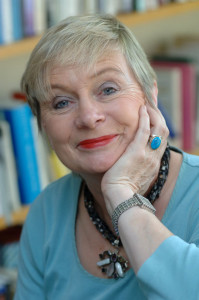
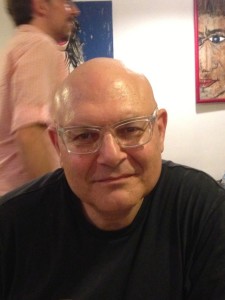
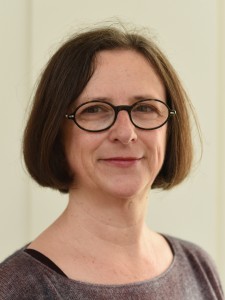
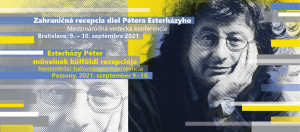

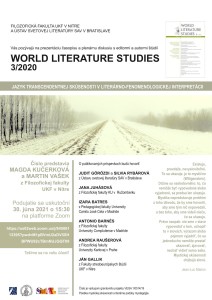 Online podujatie
Online podujatie